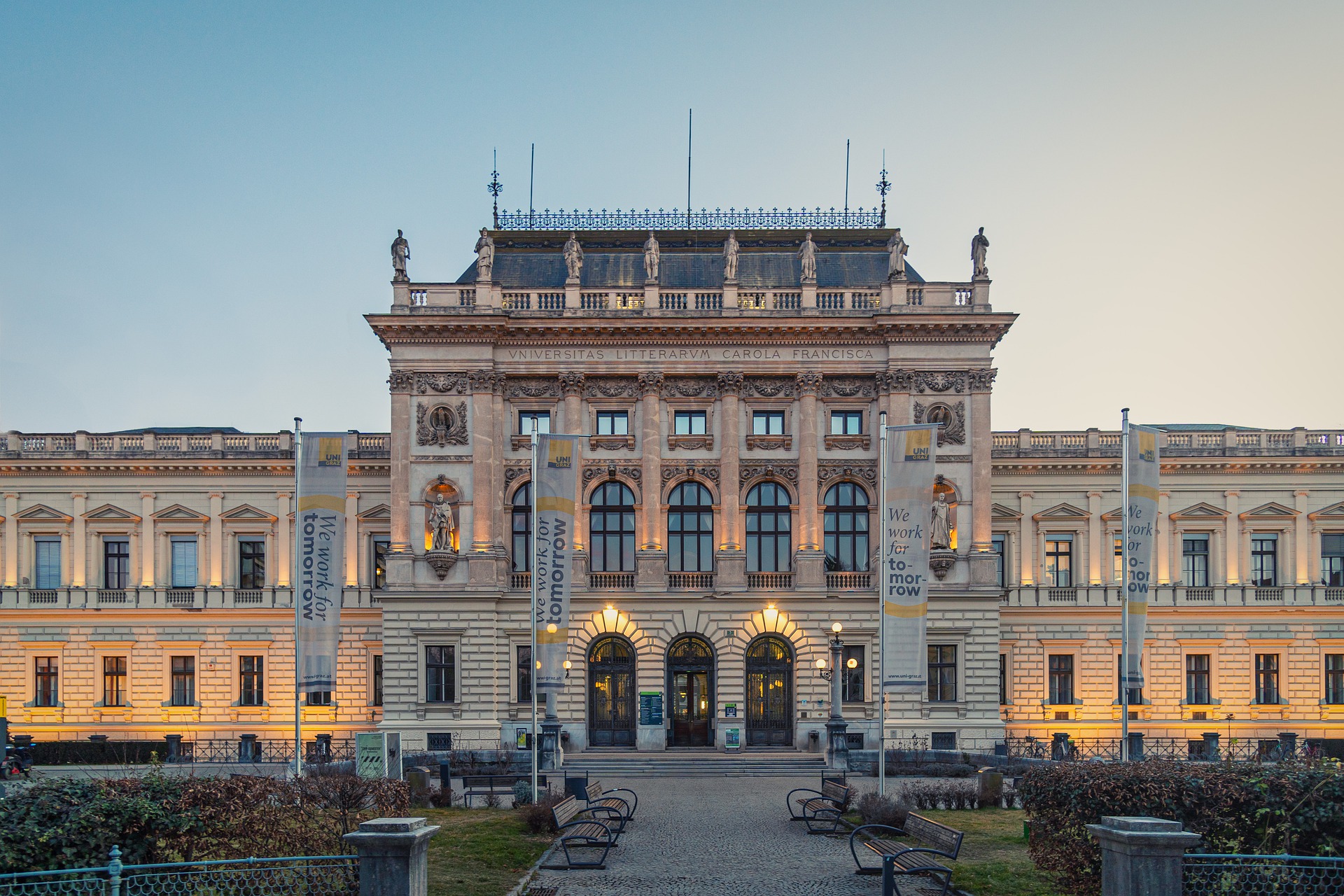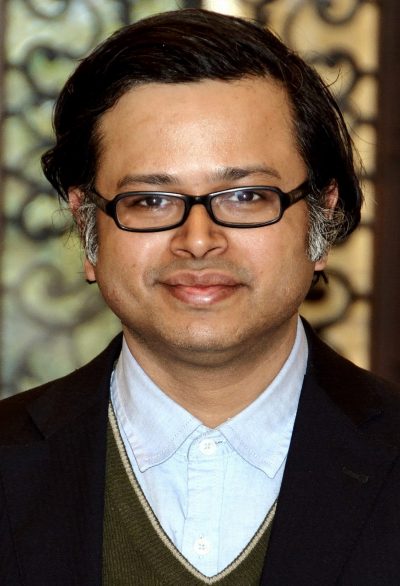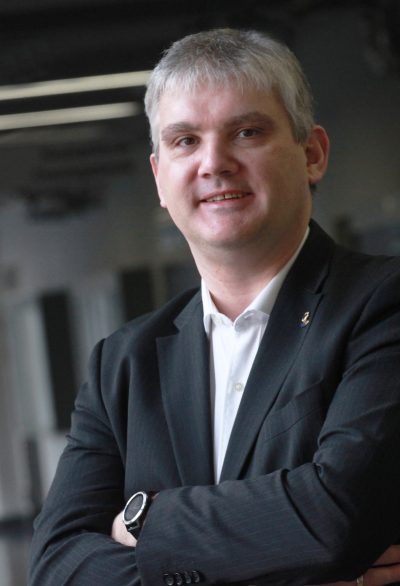
University of Graz (UG)

Founded in 1585, the University of Graz (Uni Graz) is the second oldest university in Austria. With about 31.000 students and 4.300 employees, it is one of the largest institutions of higher education in Austria. It is a comprehensive university offering about 120 study programs at 76 institutes, which are organized in six faculties. The university has a strong international profile and is involved in numerous global networks (e.g. Coimbra Group and Utrecht Network). The scope of EU funding the university has benefitted from in the space of higher education includes, amongst others, projects in the Lifelong Learning Programme Tempus projects and Erasmus Mundus projects in all actions. Since 2014 the university has been actively participating in Erasmus+ projects. Due to its experience of both participating in and coordinating international research and educational projects, Uni Graz can draw on the expertise and good practice that will contribute to the success of the present project. A key department within the core research area EGC is the Institute of Systems Sciences, Innovation, and Sustainability Research situated at the Faculty for Environmental, Regional, and Educational Sciences. The core research objective of the Institute of Systems sciences, Innovation and Sustainability Research (SIS) is to investigate the transition of regions and organizations towards sustainability Transition, innovation, and adaptation processes within human-environment systems, with a focus on firms and regions, are analysed. Research activities are based on systems sciences, innovation, and transition sciences as well as sustainability science. Being the coordinating institute of three international joint master’s degree programmes (Industrial Ecology; Sustainable Development; Circular Economy) the Institute of Systems sciences, Innovation and Sustainability research is well embedded in international networks. Uni Graz will be an advisor in the project. Their institute (SIS) has been running successfully for several years a course on “sustainability entrepreneurship.” Among others, the course has a strong focus on social entrepreneurship. At the end of the semester, students present their business plan to an experienced jury. They also get an opportunity to make an elevator-pitch to an experienced venture capitalist, who is based out of Singapore. Students passing from this course may continue to pursue their business ideas by participating in start-up accelerators and start-up incubators that are based around the Graz and the Styrian region in Austria. A number of successful sustainable entrepreneurship venture have emerged from this course. We will bring our expertise in running this course and will provide our insights on how to develop synergies between classroom entrepreneurship teachings to real-world entrepreneurial activities. Further, University of Graz has rich experience in running successfully several Erasmus projects to which our Institute (SIS) has also contributed. The latest ongoing Erasmus+ project at our institute (SIS) is called ”CIRCLE: International Master’s Programme on Circular Economy”. We believe these experiences will help us in providing valuable advice on the critical success factors for running the Erasmus projects. We will participate in activities such as advisory board meetings, workshops and will facilitate students exchange between ours and other member universities of the consortium.


